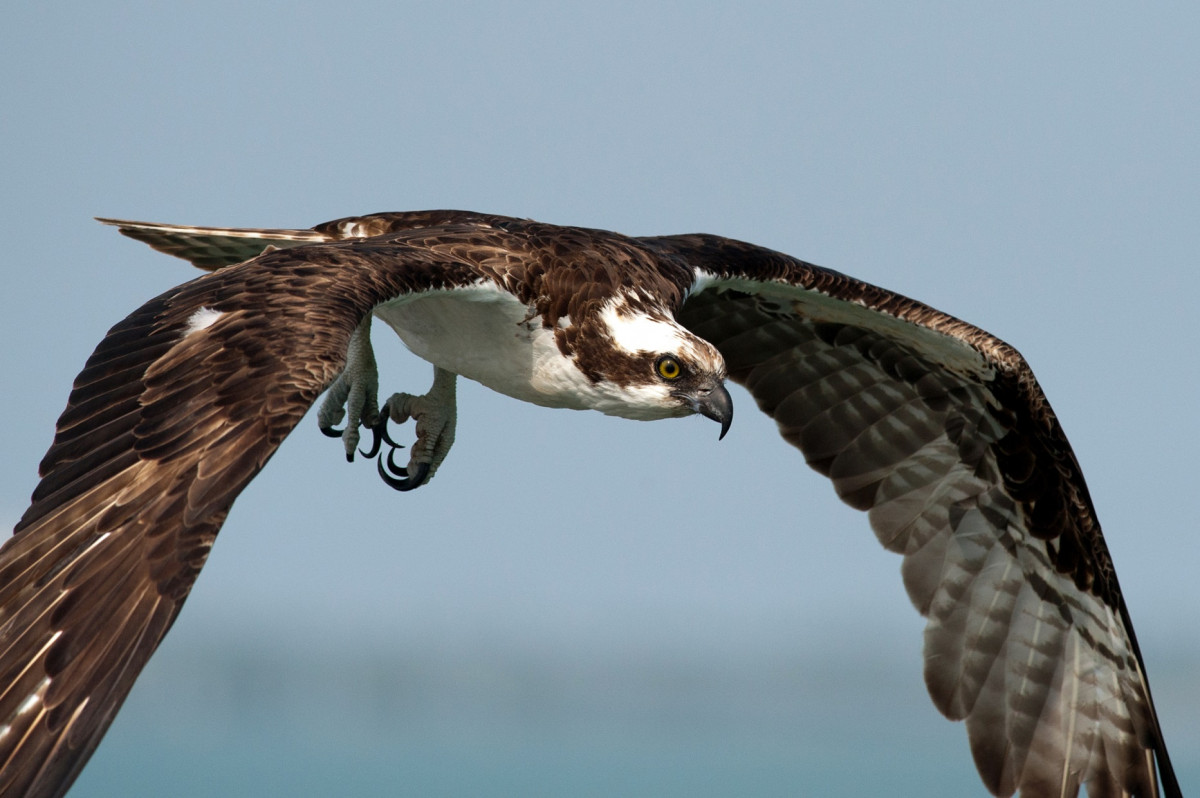BTO create and publish a variety of important articles, papers, journals and other publications, independently and with our partners, for organisations, government and the private sector. Some of our publications (books, guides and atlases) are also available to buy in our online shop.
Annual report of the Seabird Monitoring Programme
Seabird Population Trends and Causes of Change: 1986–2023
This report presents the latest seabird population trends in breeding abundance and productivity using data from the Seabird Monitoring Programme (SMP).
The report documents changes in the abundance and productivity of breeding seabird species in Britain and Ireland from 1986 to 2023, and provides a detailed account of the 2021, 2022 and 2023 breeding seasons.
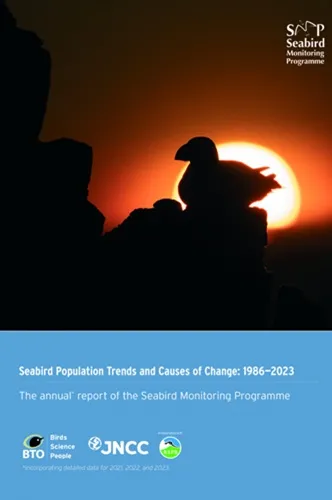
Search settings
Analysis of waterbird population trends for the Somerset Levels & Moors SPA, its functionally linked land and the Bridgwater Bay coastal sites.
Author: Woodward, I. & Austin, G.
Published: 2022
30.10.22
Reports
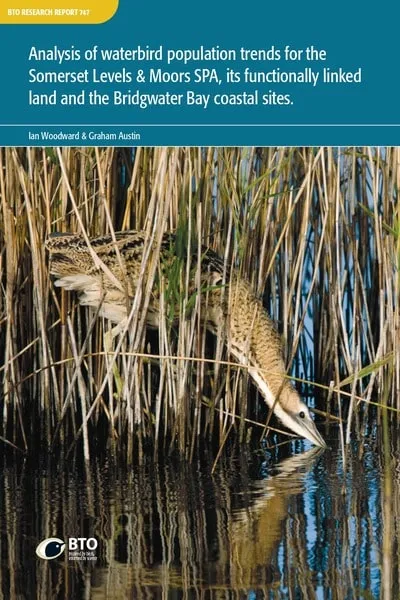
Into the Red
Author: Jewitt, K. & Toms, M.
Published: 2022
Into the Red is a collaboration between 70 authors and 70 artists with a single goal: to raise funds to support conservation work aiming to reverse the declines of our most at-risk birds.Contributors include Nick Hayes, M.G. Leonard, Isabella Tree, Richard Mabey, Amir Khan, David Gray, Jim Moir, Harriet Mead, Brigit Strawbridge, Mackenzie Crook, Megan McCubbin, and many others.
04.10.22
Books and guides Book
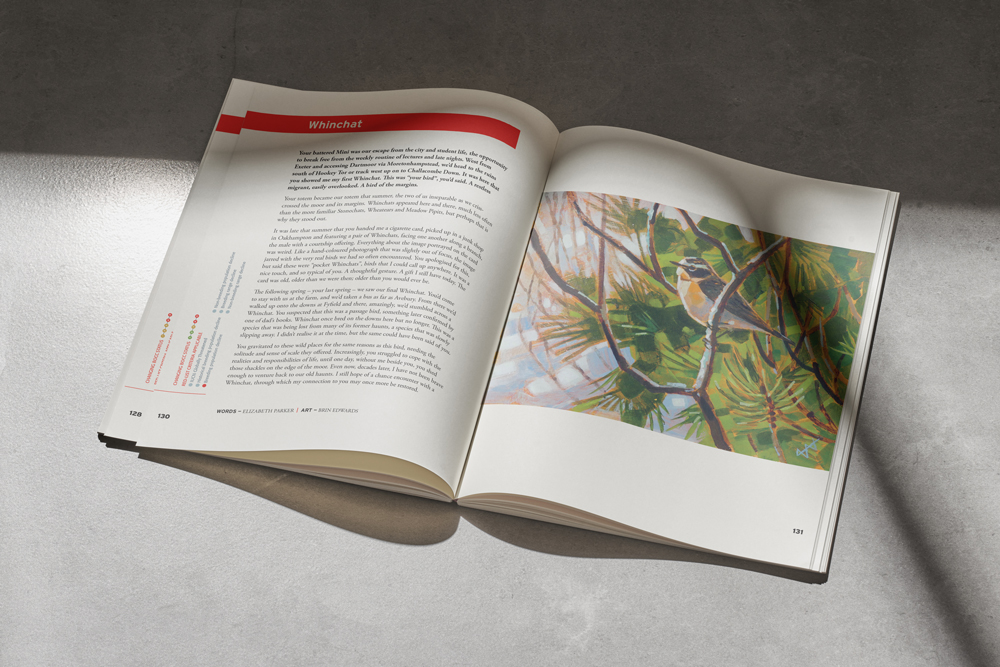
Modelling important areas for breeding waders as a tool to target conservation and minimise conflicts with land use change
Author: Calladine, J., Border, J., O’Connell, P. & Wilson, M.
Published: 2022
The future of Britain’s breeding wader populations depends on land use policy and local management decisions, both of which require robust evidence and appropriate tools if they are to support the conservation of these priority species. One of the biggest challenges has been the geographical scale at which national data on wader abundance and distribution are available. These data are coarse in their resolution, making them poorly suited to directing conservation initiatives or informing land management decisions at a local scale. But can a statistical approach produce high-resolution maps of predicted wader abundance that are sufficiently accurate to be used for decision-making?
27.09.22
Papers
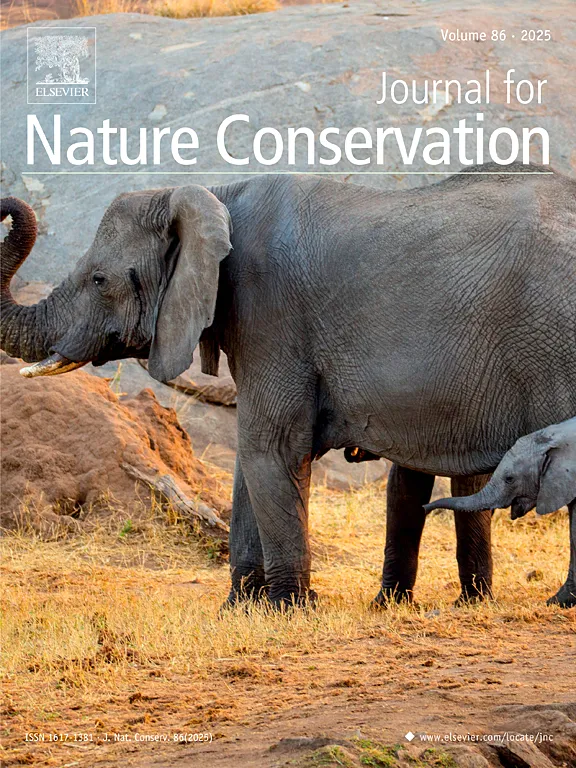
Long-term trends of second generation anticoagulant rodenticides (SGARs) show widespread contamination of a bird-eating predator, the Eurasian Sparrowhawk (Accipiter nisus) in Britain
Author: Broughton, R.K., Searle, K.R., Walker, L.A., Potter, E.D., Glória Pereira, M., Carter, H., Sleep, D., Noble, D.G., Butler, A. & Johnson, A.C.
Published: 2022
Rodenticides are widely used to control small mammal populations. The potential impacts of these compounds on non-target species, such as rodent-specialist predators, have long been a cause for concern. There is also evidence that species that do not usually feed on small mammals, such as bird-specialist predators, are exposed. In the most comprehensive study of its kind, this paper examines the presence of second generation anticoagulant rodenticides (SGARs) over 20 years in the British Sparrowhawk population, in order to establish how contamination patterns vary over time, space and life stage.
23.09.22
Papers
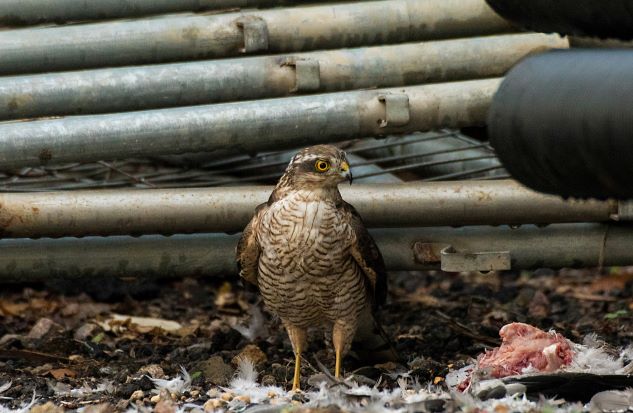
Connectivity between countries established by landbirds and raptors migrating along the African-Eurasian flyway
Author: Guilherme, J.L., Jones, V.R., Catry, I., Beal, M., Dias, M.P., Oppel, S., Vickery, J.A., Hewson, C.M., Butchart, S.H.M. & Rodrigues, A.S.L.
Published: 2022
The importance of the African-Eurasian flyway to long-distance migratory populations is well known, as are the many threats that the birds face on their journeys. Recent advances in tracking technology have provided vital information for conservation action, for example revealing the routes and stopover sites birds use, but work to address any threats identified has been hindered by fragmented and inaccessible datasets. Can bringing these studies into a single resource reveal new information that would enable more effective conservation action?
08.09.22
Papers
